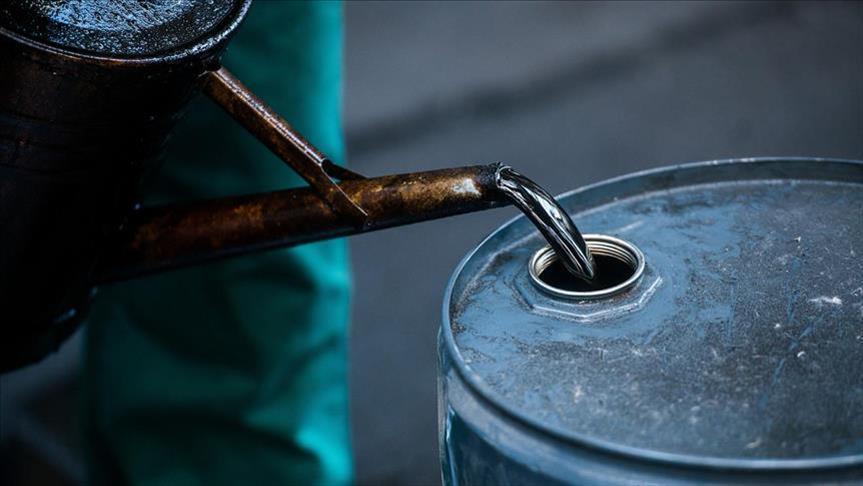Oil prices increased on Wednesday following positive forecasts on oil demand and China's economy, while data signaling demand weakness in the US, the world's largest economy, limited further price upticks.
International benchmark crude Brent traded at $82.53 per barrel at 11.09 a.m. local time (0809 GMT), a 0.07% rise from the closing price of $82.47 a barrel in the previous trading session on Tuesday.
The American benchmark, West Texas Intermediate (WTI), traded at the same time at $78.27 per barrel, up 0.01% from Tuesday’s close of $78.26 per barrel.
Prices spiked following predictions from the International Energy Agency (IEA) and the Organization of Petroleum Exporting Countries (OPEC) that this year would see a rise in demand and that China, the world's largest oil importer, would soon see a revival in its industrial sector.
Oil demand will rise globally in the last quarter of 2023, OPEC's most recent report predicts, helped by a rebound in the economies of China and other non-OECD countries.
China's economy has been on the rebound since the country lifted pandemic restrictions, which lasted almost two years. However, despite the latest negative data on China’s economic activities, the country's oil imports saw an increase of 11.4 million barrels per day (bpd) in October.
The International Energy Agency (IEA) also predicted a demand increase in 2023, signaling a revival in China’s imports.
According to IEA data, global oil demand is set to climb by 2.4 million bpd to 102 million bpd this year, 110,000 bpd more than projected in last month’s report. China leads the growth with a contribution of around 1.8 million bpd.
Limiting further price increases, the American Petroleum Institute (API) late Tuesday announced an estimated increase of 1.3 million barrels in US crude oil inventories, against the market expectation of a build of 1.4 million barrels.
The US Energy Information Administration (EIA) will release actual data on oil stocks later on Wednesday, and if the stock rise is confirmed, prices could continue their downward spiral.
By Duygu Alhan and Sibel Morrow
Anadolu Agency
energy@aa.com.tr


